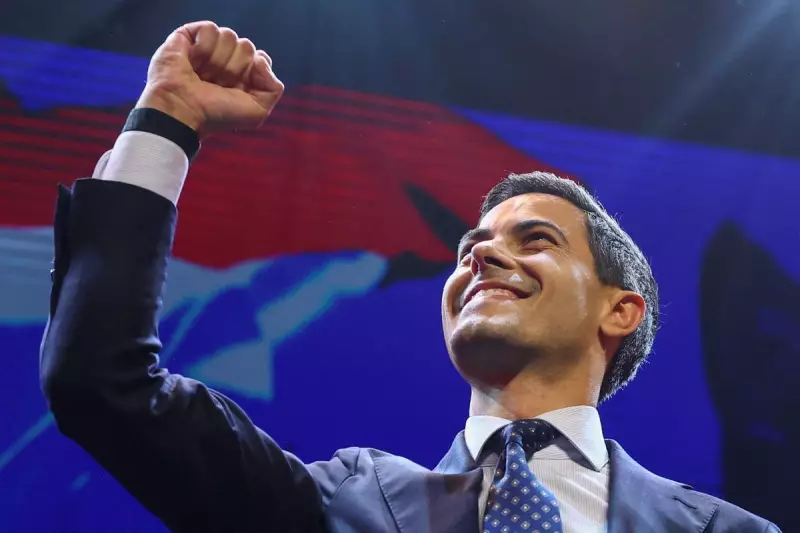
In a dramatic twist that has thrown Dutch politics into turmoil, the progressive D66 party has abruptly withdrawn from crucial coalition formation talks, dealing a devastating blow to far-right leader Geert Wilders' ambitions to form a government.
Political Earthquake in The Hague
The breakdown occurred after nearly three months of tense negotiations following November's general election, which saw Wilders' Party for Freedom (PVV) emerge as the largest party. D66 leader Rob Jetten announced his party's immediate withdrawal, citing irreconcilable differences over migration policy.
"We have concluded that our differences, particularly on migration, are too fundamental to bridge," Jetten stated during a press conference that sent shockwaves through Dutch political circles.
Immigration: The Breaking Point
The collapse centres on Wilders' controversial immigration proposals, which include:
- Strict asylum seeker limits
- Border control enhancements
- Reduced international student numbers
- Tougher integration requirements
These measures proved unacceptable to D66, which champions liberal values and international cooperation. The impasse leaves Wilders searching for alternative coalition partners in what has become the longest government formation process in Dutch history.
What's Next for Dutch Politics?
With D66's departure, Wilders faces limited options. He could attempt to form a minority government or explore partnerships with smaller parties, though both paths present significant challenges. The situation creates uncertainty for the Netherlands' political stability and its approach to European integration.
Political analysts suggest this development might force Wilders to moderate his stance or risk being unable to form a government altogether, potentially triggering new elections.





